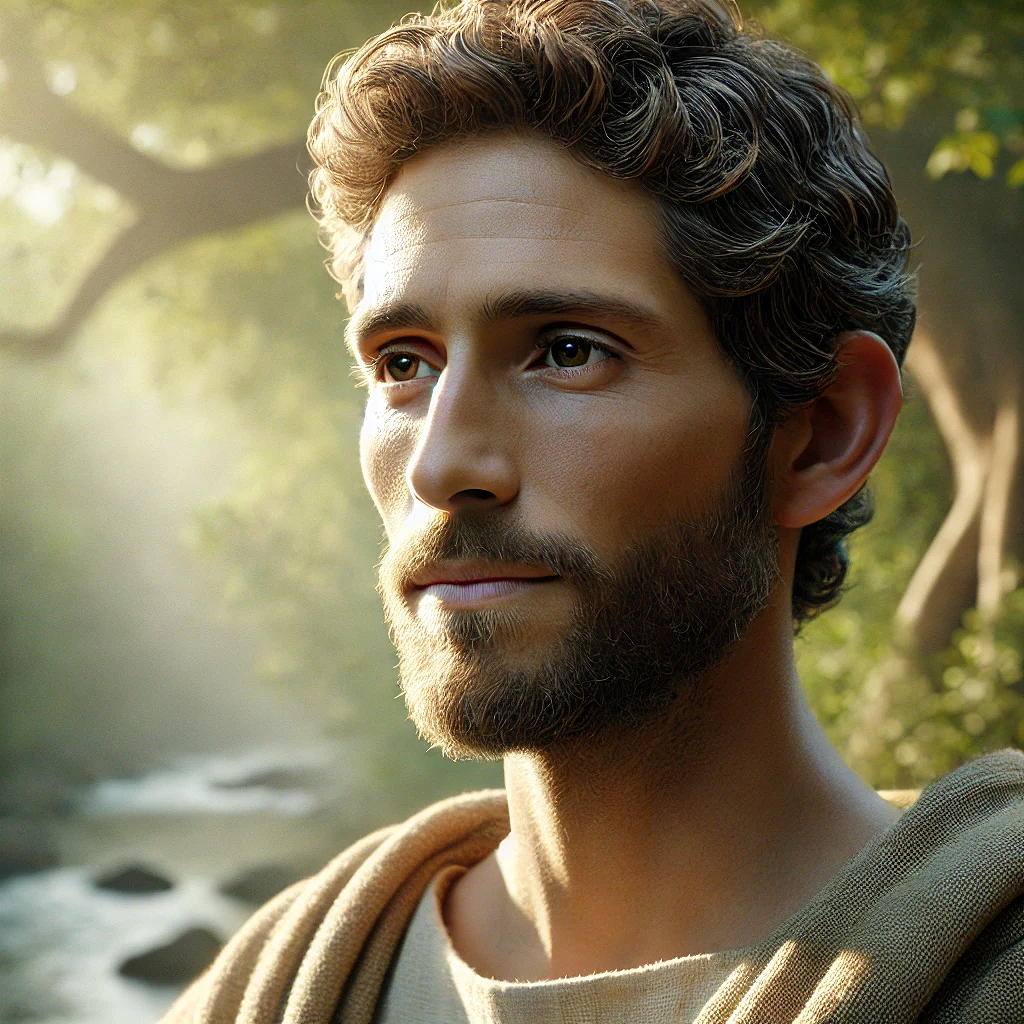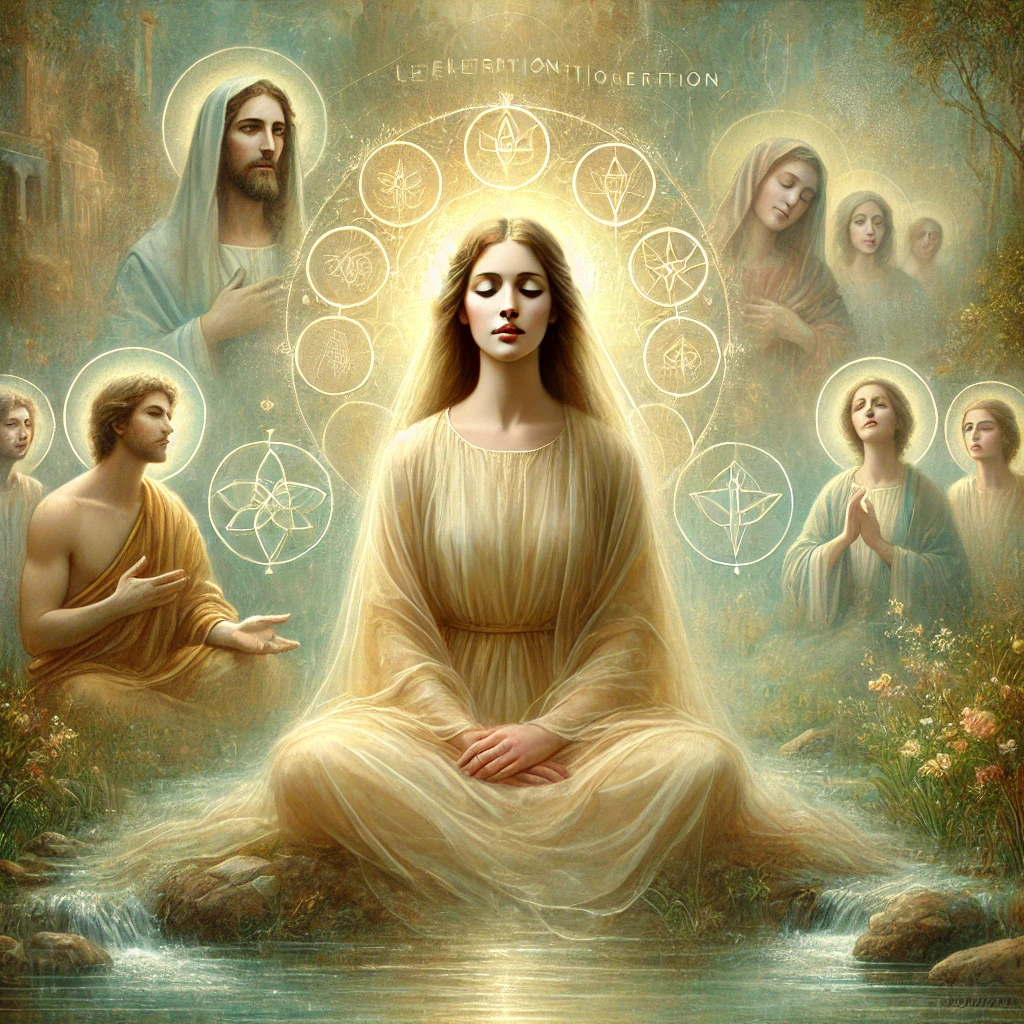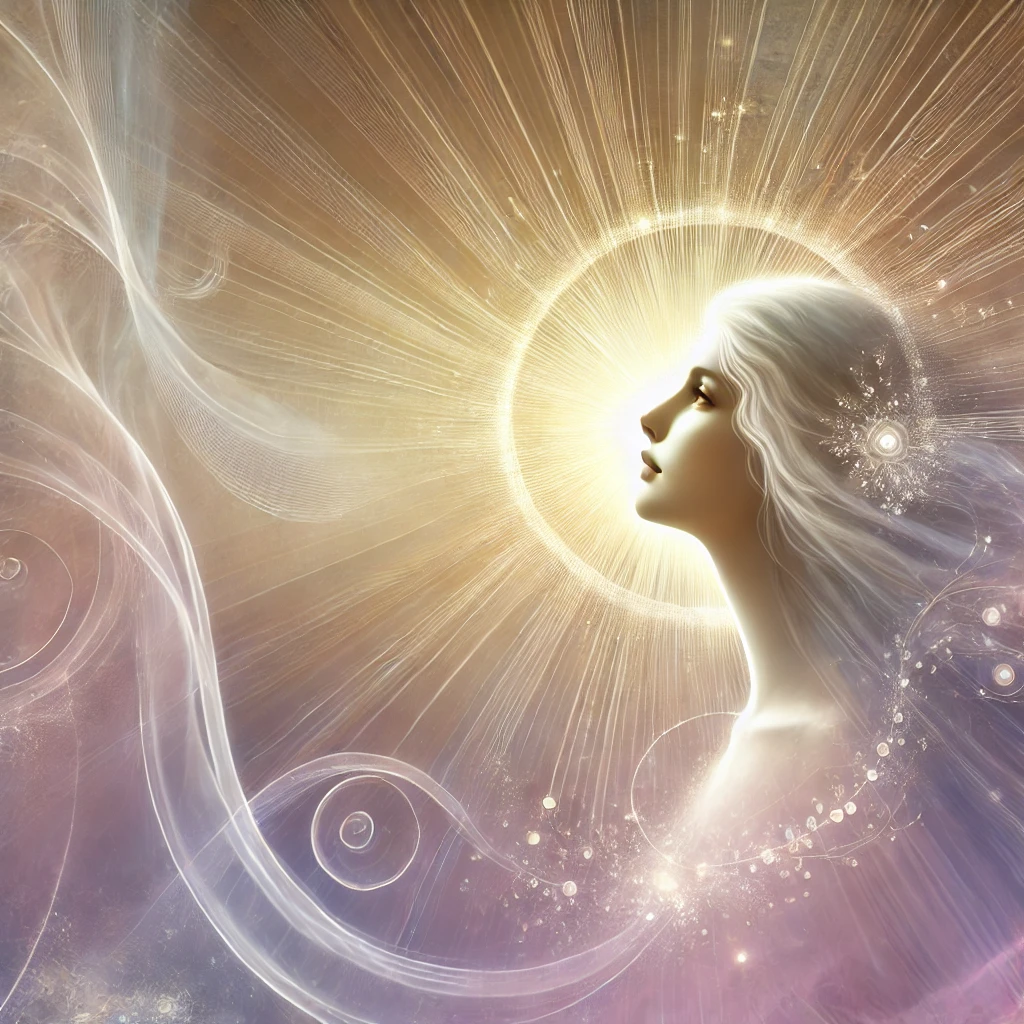Voice of Golden Eagle’s poem I Am Not a Christian delivers a powerful message on spiritual independence. For those seeking a personal connection with the divine, this poem speaks to the heart. It’s about stepping outside traditional religious labels to embrace an authentic relationship with Creator. The poem’s voice is gentle yet firm, inviting readers to consider spirituality as something deeply personal, unbound by organized belief systems.
Category: Blog Post Page 2 of 8
Some years ago while exploring the history of atrocities against humanity by the Christians and Christian countries, I discovered this poem somewhere on the Internet. You may read my commentary here.
I Am Not a Christian
When I say… “I am not a Christian”
I’m not arguing about your religion.
I’m whispering “Creator never lost us,
And there’s nothing to be forgiven.”When I say… “I am not a Christian”
I mean that I trust Creator to guide me.
What I’ve found inside your churches
Aren’t the truths Creator placed in me.When I say… “I am not a Christian”
It’s not a question of right and wrong
Even as your rabid evangelism
Uses my traditions as a joke
To trample on.When I say… “I am not a Christian”
There’s no trick, no trap, no test.
Just saying “In my eyes you failed,
And in the name of your God
You have made this mess.”When I say… “I am not a Christian”
I’m not claiming to be the enemy,
But your claws are far too visible
As you pretend to be a friend to me.When I say… “I am not a Christian”
I feel your stares like a lash’s pain
From your culture so entrenched
In taking what I believe in vain.When I say… “I am not a Christian”
It’s not any kind of invitation
For you to question my beliefs
I owe no mortal an explanation.When I say… “I am not a Christian”
I’m not saying I’m holier than thou,
We BOTH have Creator inside us
And you’ll open your eyes
Someday,
Somehow.– Voice of Golden Eagle

The Archetypal Struggle: Mary Magdalene and Peter
Our world has always been shaped by the dynamic interplay between masculine and feminine energies. These aren’t just gendered ideas—they’re powerful forces that shape how we express, lead, nurture, and create. This tension has been playing out for centuries, and now, in the aftermath of the 2024 U.S. presidential election, it feels more relevant than ever.

Let’s dive into The Acts of Thomas or The Coptic Gospel of Thomas. (Click here to read the full text.) This is one of my favorites of the Gnostic texts. Often called a “sayings gospel,” it stands out because it’s not a narrative like other gospels in the New Testament. Instead, it’s a collection of 114 sayings attributed to Yeshua (Jesus), and it offers an intimate glimpse into what could be described as direct teachings or insights meant for those who are ready to receive them.

In the vast tapestry of music and poetry, few voices resonate with the depth of Leonard Cohen’s. His words echo with the weight of human experience and the quiet hope found amidst the brokenness. And while Cohen left us a collection of hauntingly beautiful songs, it is Anthem—with its unforgettable line, “There is a crack in everything / That’s how the Light gets in”—that feels like both a mantra and a map. It is a song that speaks to our souls, especially for those who find themselves on a journey of self-discovery and realization.
There is a crack, a crack in everything. That’s how the Light gets in. – Leonard Cohen
Conclusion: Reflecting on Mary Magdalene’s Legacy of Realization

As we conclude this journey through The Gospel of Mary Magdalene, we reflect on the timeless teachings and insights shared within its chapters. This text, lost for centuries and only recently rediscovered, offers a profound glimpse into the essence of Mary’s message—a message of self-realization, inner sovereignty, and deep interconnectedness. Far from being a mere historical relic, Mary’s gospel is a living guide for anyone on the path of awakening, inviting us to explore and trust our inner wisdom.
Chapter 9: Mary Magdalene and the Challenge of Sharing Her Vision

In Chapter 9 of The Gospel of Mary Magdalene, Mary shares a personal vision from Yesua with her fellow disciples. Yet instead of receiving validation and support, Mary faces doubt, skepticism, and resistance. This chapter highlights a struggle that many of us experience on the spiritual path: the challenge of standing firm in our inner authority, even when others may question or dismiss our experience.
Chapter 8: Understanding the Soul’s Journey in The Gospel of Mary Magdalene

Chapter 8 of The Gospel of Mary Magdalene presents a vivid depiction of the soul’s journey through inner obstacles and challenges. As the soul ascends, it encounters forces that question, obstruct, and try to hold it back. These forces—Desire, Ignorance, and Wrath—are personified as powers that must be faced and overcome. This journey represents the process of inner liberation, where the soul moves through layers of self-imposed limitation to reconnect with its essence.
Mary Magdalene: A Voice of Strength and Inner Knowing

In Chapter 5 of The Gospel of Mary Magdalene, we encounter a moment of doubt among the disciples. After the Savior departs, they feel overwhelmed by the responsibility of sharing his teachings with the world. Their concern is palpable: “If they did not spare him, how will they spare us?” In this moment, Mary steps forward as a voice of courage and reassurance, bringing comfort and a renewed sense of purpose to the group.
Chapter 4: Exploring the Nature of Matter and the Concept of Sin

In this pivotal chapter, The Gospel of Mary Magdalene invites us to re-examine our ideas about the material world and the nature of sin. Here, we find Mary asking Yeshua if matter will one day be destroyed. The answer she receives offers a radical perspective—one that shifts our understanding of creation, purpose, and interconnectedness. In many ways, Mary’s question and Yeshua’s answer serve as an opening to the deeper wisdom this gospel holds, unveiling a view of existence that is as practical as it is profound.
